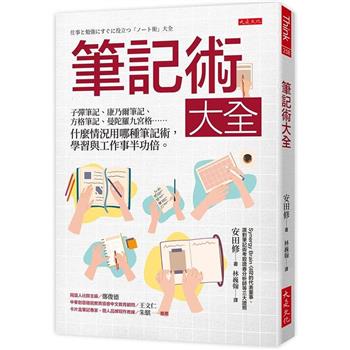In the contemporary scenario, nation-states are embroiled in a zero-sum political, military and economic competition to safeguard respective national interests, address security dilemmas and achieve a balance of power. To achieve their strategic goals, contesting state and non-state actors are increasingly leveraging myriad ’way’ and ’means’ viz; political, economic, legal, technology, information and military.
Amidst the prevalence of volatility, ambiguity and uncertainty in global affairs, emergence of hybrid warfare has triggered a rapidly transformed character of contemporary conflicts and war and compelled contesting actors to evolve war-fighting strategies encompassing all instruments of national power. The pattern of recent conflicts reveals that hybrid warfare strategies have been leveraged by state and non-state actors to offset force asymmetry and attain a competitive edge over the adversaries.
Amongst a wide range of tools of hybrid warfare, social media has emerged as a potent tool of coercion and opinion shaping. During the Russia-Ukraine conflict, Arab Spring revolution and the Galwan and Doklam standoff, social media platforms were exploited extensively to advance the goals of battle of narrative and clog the decision-making.
This book endeavours to analyse the perspective of divergent think tanks on hybrid warfare and explore the patterns of exploitation of social media in prosecuting cognitive warfare. Drawing an analogy with the contemporary security environment of India, the author has recommended strategies to mitigate challenges of future threat scenarios and create a resilient information sphere to dominate the cognitive space.

 看圖書介紹
看圖書介紹





![塔木德:猶太人的致富聖經[修訂版]:1000多年來帶領猶太人快速累積財富的神祕經典 塔木德:猶太人的致富聖經[修訂版]:1000多年來帶領猶太人快速累積財富的神祕經典](https://media.taaze.tw/showLargeImage.html?sc=11100697818)




